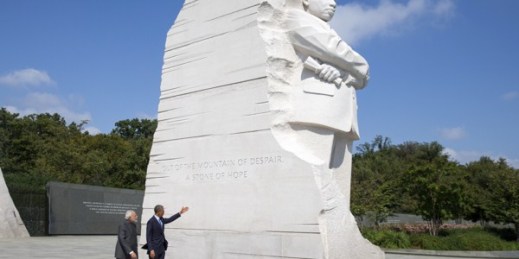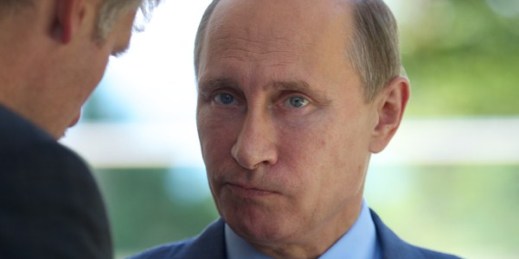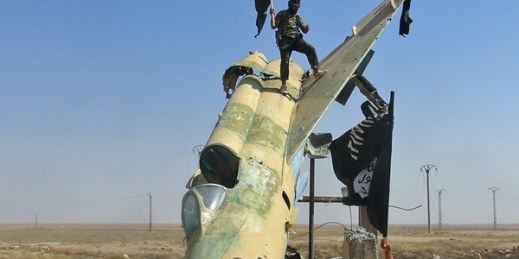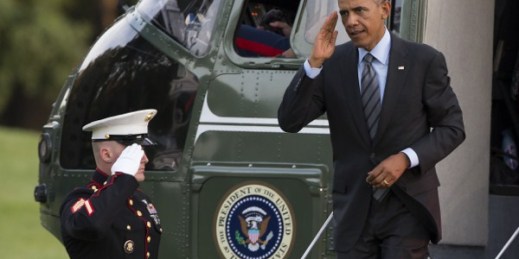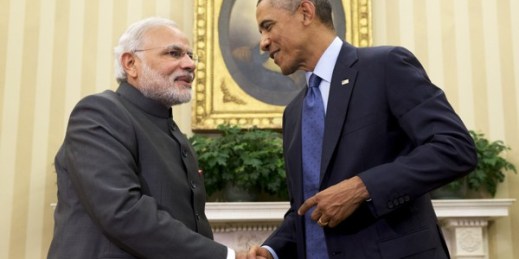
Last week’s meeting between Indian Prime Minister Narendra Modi and U.S. President Barack Obama in Washington provides a convenient benchmark to assess where U.S. foreign policy is as we approach the final stretch of the current administration. A consistent theme of Obama’s presidency has been the inability to pivot from crisis management to longer-term planning. With regard to the latter goal, the value of stronger ties with a rising power like India is clear. Yet, it is telling that the meeting took place even as the Obama administration struggles to manage the Ebola pandemic in West Africa, the fight against […]

